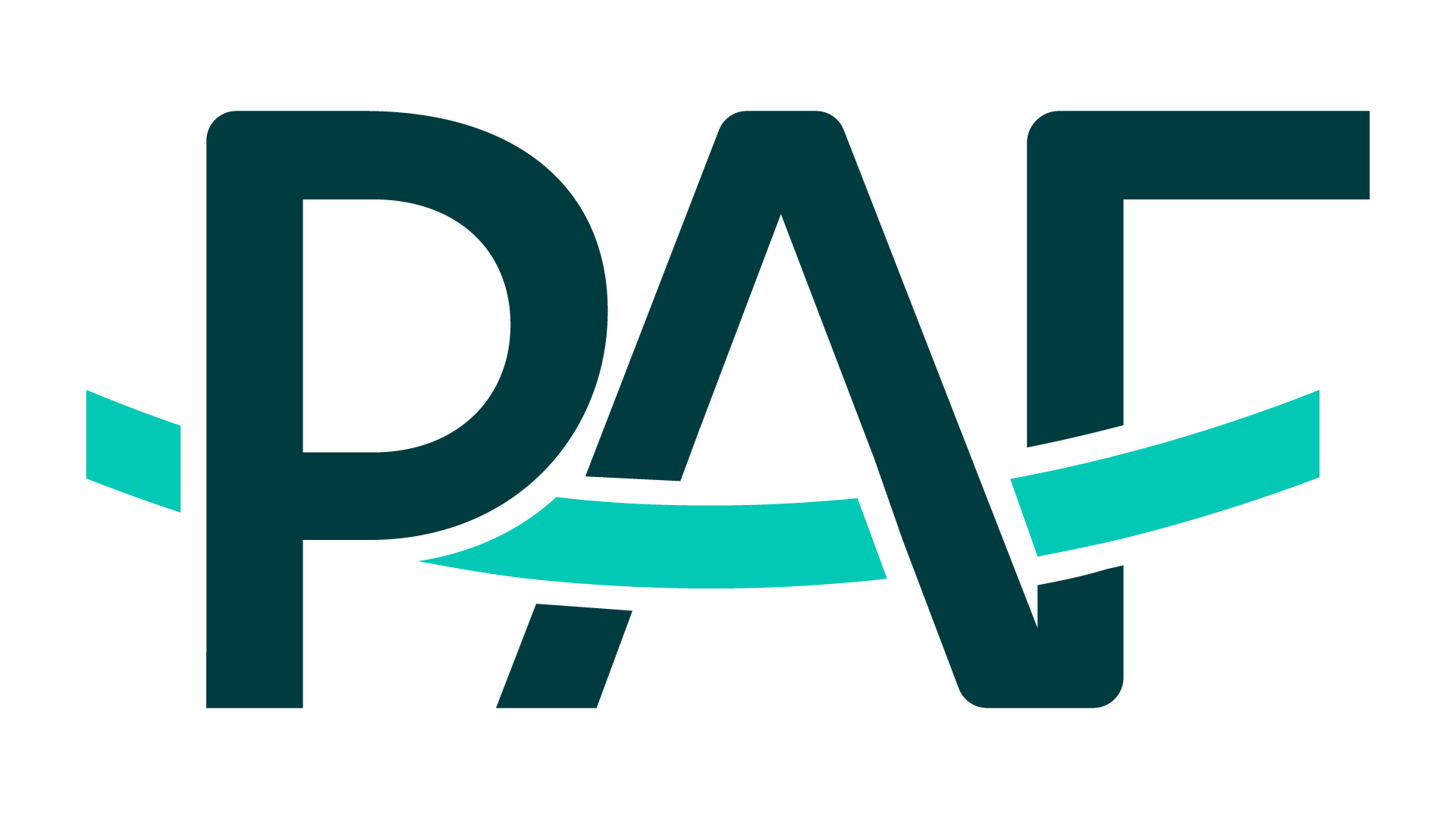Philanthropy is the Focus at Year-End WIP Meeting

On December 9, Chair Agnes Compagnone opened the year-end meeting of the PA Foundation’s Women in Philanthropy (WIP) network with an impressive statistic: The group has grown more than 200 percent this year and now has around 70 participants.
Since philanthropy is at the core of the WIP network, it seemed fitting to close out the year with a panel discussion on this topic. Calbeth Alaribe, MPH, MS/PA-2, Cindy Lord, MHS, PA-C, and Kathy Pedersen, MPAS, PA-C, each shared how they became involved with philanthropy, examples of types of giving, and their best advice for others who want to engage in these efforts.
All three panelists agreed that small gifts can make a real impact. Lord points out that if every practicing PA gave $1 to $5 to the PA Foundation, the organization would take in a substantial amount of financial support. “So you can just give what you can afford and what feels good to you,” adds Lord, who is the program director of the Case Western Reserve University PA Program in Cleveland, Ohio.
Building a Passion for Philanthropy
Growing up, Pedersen was one of nine children, and her family didn’t have a lot of money. She had to put herself through school, including her PA program. Even though the PA program was federally funded at the time, which meant Pedersen only had to pay $500 for books, this experience led her to a passion for supporting students.
Today, Pedersen, who is an associate professor at the University of Utah Division of PA Studies, works in partnership with her husband, Don Pedersen, PhD, PA-C, a professor emeritus at the University of Utah School of Medicine, to support up-and-coming PAs. “I am really into advocating for students and student success and helping them monetarily,” says Pedersen, who has also dedicated her career to improving global health and increasing awareness of the PA profession.
As a first generation-born Nigerian American, Calbeth Alaribe grew up with a culture of selflessness. Her mother wanted her to understand that she was being raised in the United States with privilege and access that other people around the world didn’t have, and that she should do something with those gifts.
“[The questions were], ‘Are you going to sit back and take in the little rewards or are you going to showcase your talents and your capabilities in order to provide for others and give them a sense of purpose in life?’” shares Alaribe, who is currently a PA student at the Morehouse School of Medicine in Atlanta, Georgia, and the co-founder and co-chair of the Nigerian chapter of Women in Global Health. “That’s been something that was ingrained in me at such a young age.”
One of Lord’s motivations for giving is a desire to support other PAs. “For the PA profession, I feel philanthropy is an obligation,” she affirms. “It’s just what you should be doing. You have to take care of your own.” She has been involved in many philanthropic projects simply because others asked her for support.
Types of Giving
To illustrate the many different levels of giving, Lord shared some of the opportunities she has been involved in on the university level. She has established an endowed scholarship for a PA student at Quinnipiac University, where she previously served as PA program director. This gift to support the scholarship was spread out over four years. On the other end of the spectrum in terms of giving level, Lord has also funded a stethoscope for an incoming student at the Yale University School of Medicine every year for some time.
“There are a variety of different ways [to get involved],” she says.
The Pedersens have also been heavily involved in university giving, including establishing the Kathy J. Pedersen Equal Access to Higher Education Scholarship and the Don Pedersen Endowed Chair in the Division of Physician Assistant Studies, both at the University of Utah. Pedersen says that universities have a system for giving that involves their legal and marketing departments and can guide donors through the process.
As a student herself, Alaribe believes it’s never too early to focus on philanthropy, and that opportunities for giving time and effort are everywhere. After learning about Women in Global Health, Alaribe consistently emailed the organization about ways to get involved. She got a response two months later, and her persistence led to a position.
“At the time, there wasn’t any space, but I was so adamant about doing something that they ended up developing a role for me,” says Alaribe, who is also the founder of Coyfish, a company that focuses on dismantling racism in healthcare that she started after winning the 2020 MIT Hacking Racism in Healthcare challenge.
Tips for Philanthropic Giving
For those looking to make philanthropic contributions, Lord stresses the importance of focusing one’s efforts. There can be a tendency to give to organizations that are all over the map, but she advises PAs to scale back by donating to a few causes they are passionate about and that they feel are making an impact.
Stewardship is also an important part of the process. For the Pedersens, there are reporting requirements that are part of their grants, such as the scholarship in Pedersen’s name at the University of Utah. “It has a lot of accountability built into it, not only for the people managing it but also for the people who get the grants,” she explains. This gives the Pedersens the security of knowing their contributions are making an impact.
Alaribe is a big believer in putting in the effort to seek out organizations or roles that are a good fit and then going after opportunities consistently. “That’s my route,” she affirms. “Be persistent and be active, especially if you’re focused on volunteering and [taking actions] that will improve the well-being of others.”
Compagnone closed the presentation with a reminder that the PA Foundation’s offerings benefit PAs and PA students, and the Foundation is a charitable organization that blends PAs’ passion for improving health with raising awareness of the amazing work PAs are doing in healthcare. Contributions to the PA Foundation are a great way for PAs to support their peers and the profession.

